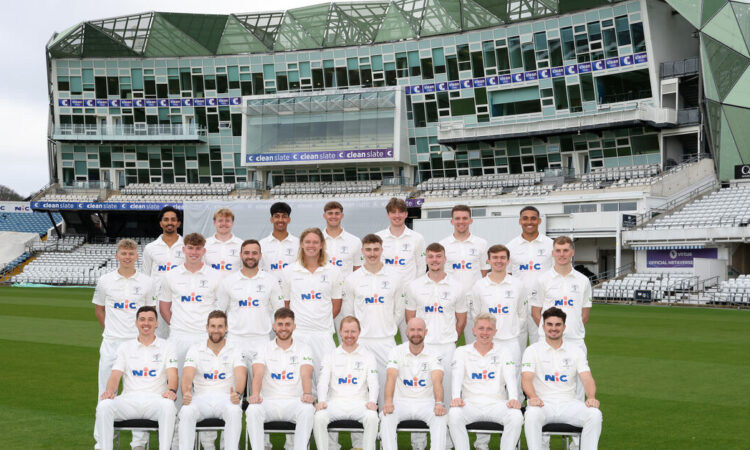
England’s Yorkshire County Cricket Club is seeking refinancing from Middle Eastern investors according to reports this week, and as Gulf countries increase their shares and interest in British sports clubs.
“A large proportion of the target investor pool are based in the United Arab Emirates and India, with additional names from Pakistan, Saudi Arabia and Qatar,” the club’s advisory firm, Grant Thornton, told Reuters on Wednesday. The firm added that investments from family offices, private equity and sovereign wealth funds were all being reviewed as potential refinancing sources.
The Yorkshire club made headlines recently when a former player, Azeem Rafiq, charged that he had been the target of racism from his teammates. The Cricket Disciplinary Commission, however, cleared those players last week after finding “inconsistencies” in the evidence submitted.
Middle Eastern investors have been increasing their presence in British sports franchises. In football, a handful of teams from the English Premier League have Middle Eastern owners or investment interest. For example, UAE Vice President Sheikh Mansour bin Zayed Al Nahyan bought Manchester City through the Abu Dhabi United Group in 2008.
In 2021, the Saudi Arabian Public Investment Fund bought an 80% stake in Newcastle United. More recently, Sheikh Jassim bin Hamad Al Thani in Qatar has emerged as the favorite to buy Manchester United.
In February, the Financial Times reported that Iranian-American billionaire Jahm Najafi was planning a bid for North London’s Tottenham Hotspur. The club has denied the approach. The Athletic reported in January that MSP Sports Capital, Najafi’s company, was also interested in purchasing a minority stake in Everton.
Furthermore, the branded names of the Emirati airlines Emirates and Etihad are emblazoned on the football shirts of Arsenal and Manchester City, which have even named their stadiums after them as part of their sponsorship.
As well as investing, hosting sporting events has also given Middle Eastern countries soft power and economic diversification away from energy and oil. The Qatari government projected last June that hosting the FIFA World Cup at the end of 2022 would pump $17 billion into the Gulf state’s economy.
Jordan Thompson what a catch!!!!
⤵️⤵️⤵️ #YorkshireFamily pic.twitter.com/woCdLxwBGG
— Yorkshire CCC (@YorkshireCCC) April 7, 2023
Neil Joyce, CEO and co-founder of The CLV Group, told Al-Monitor that the majority of Middle Eastern investment will go to short-form cricket, a version of the sport with teams of only six players instead of the usual 11. He said this was “due to both the franchise nature and wider audience appeal across traditional and new cricket audiences.”
Simon Chadwick, a professor of sport and geopolitical economy at the Skema Business School in Paris, told Al-Monitor, “There is no doubt that a symbiosis exists between the Gulf and English cricket, which is perhaps largely due to the large South Asian community living in places like Qatar.”
Indeed, cricket is watched and played regularly in the Gulf, which has become a destination for international tournaments. Dubai now serves as home for the International Cricket Council, and Pakistan has played test matches in the region. Chadwick added, “In turn, England remains one of cricket’s spiritual homes, albeit with some challenges ahead – particularly what happens to traditional, five-day county matches.”
But the shorter forms, he continued, “are drawing large crowds, lucrative sponsorship deals, and big TV contracts. This suggests that there are interesting times ahead for cricket, if appropriate funding and management are in place.”
Experts believe this increase in interest from the Middle East in British sports teams will continue, though there may also be competition from investors elsewhere.
“As a backdrop to all of this, it is also worth keeping in mind that in the United States, South Asian migrants are also behind a growing interest in cricket. This suggests there are further, global opportunities ahead for cricket,” Chadwick said.
Joyce expects to see more efforts to monetize cricket’s global fan base. “US private equity firms have doubled down efforts in these areas,” he said, “and purely from an investment perspective we would be surprised if Middle Eastern investment didn’t follow suit.”






